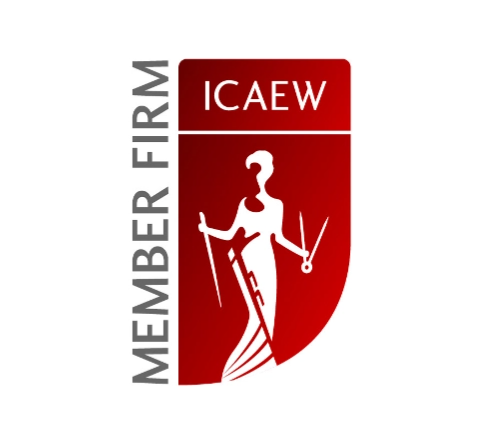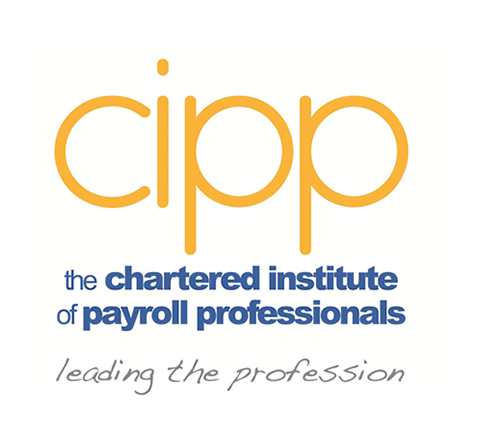Universal Credit will replace Child Tax Credits and Working Tax Credits as well as income-based Jobseekers Allowance, Income Support and Housing Benefit. It does not replace Child Benefit.
It is currently being phased in in stages across the UK. You don’t need to do anything until you hear from the Department for Work and Pensions (DWP) about moving to Universal Credit, unless you have a change in circumstances.
This helpsheet looks at Child Tax Credit and Working Tax Credit.
The Child Tax Credit and Working Tax Credit are a key part of the Government’s welfare policy which mixes up the tax system with the social security benefits system. The Government is also keen to reward those who are in work with extra benefits. These tax credits have nothing to do with the tax system. They are not refunds or credits of tax but are simply benefits administered by HMRC.
For what is a relatively simple idea, the whole calculation of Child Tax Credit and Working Tax Credit can be extremely complex.
The main points are…
These are the rates for 2021/22
The main points are…
The Working Tax Credit is paid to people who are in work but who have a low family income. It is not just for those with children, it can also be paid to non-parents on low incomes.
The working tax credit also has a childcare element. This is an amount of up to 70% of eligible childcare costs of up to £300 a week for a family that pays for childcare for two or more children, or £175 a week where there are childcare costs for only one child.
To qualify for working tax credit couples with children are required to work at least 24 hours weekly. Hours can be added together but one customer must be working at least 16 hours weekly to qualify. Lone parents are only required to work 16 hours per week and for couples where one of you is over 60, you still qualify as long as the person who’s 60 or over works at least 16 hours per week.
These are the rates for 2021/22
*The basic element was expected to b £1,995 for 2020/21, but as part of the package of coronavirus (Covid-19) support measures, it was increased by an additional £1,045 to £3,040.
Since 7 January 2013 tax payers with income of over £50,000 have their Child Benefit restricted.
This is administered as an income tax charge on the person earning over £50,000.
The income tax charge will apply at a rate of one per cent of the full Child Benefit for each £100 of income between £50,000 and £60,000. The charge on taxpayers with income above £60,000 will be equal to the amount of Child Benefit paid.
Where both partners earn over £50,000 it is the partner with the highest income who will be subject to the charge.
We can assist you with making your claim for child tax credit and working tax credit, protective claims and checking any claims you are receiving.
We are members of the ICAEW (The Institute of Chartered Accountants in England & Wales). Our team are also trained and qualified on the most popular accounting systems. Palmer, Riley & Co is a Silver Partner of Xero and are Certified ProAdvisors for Quickbooks.




